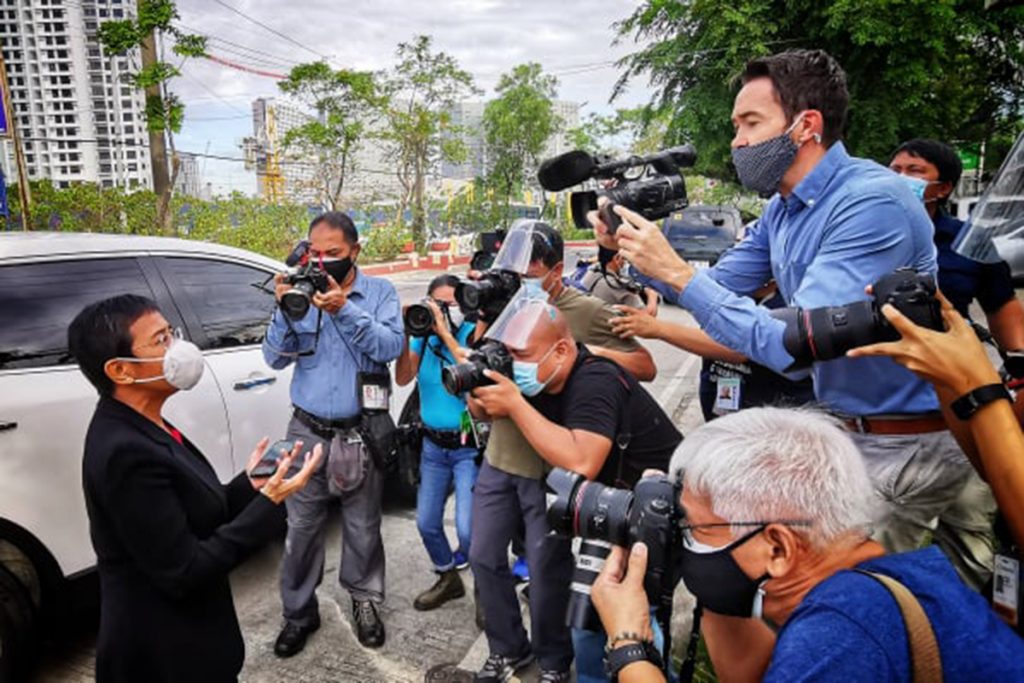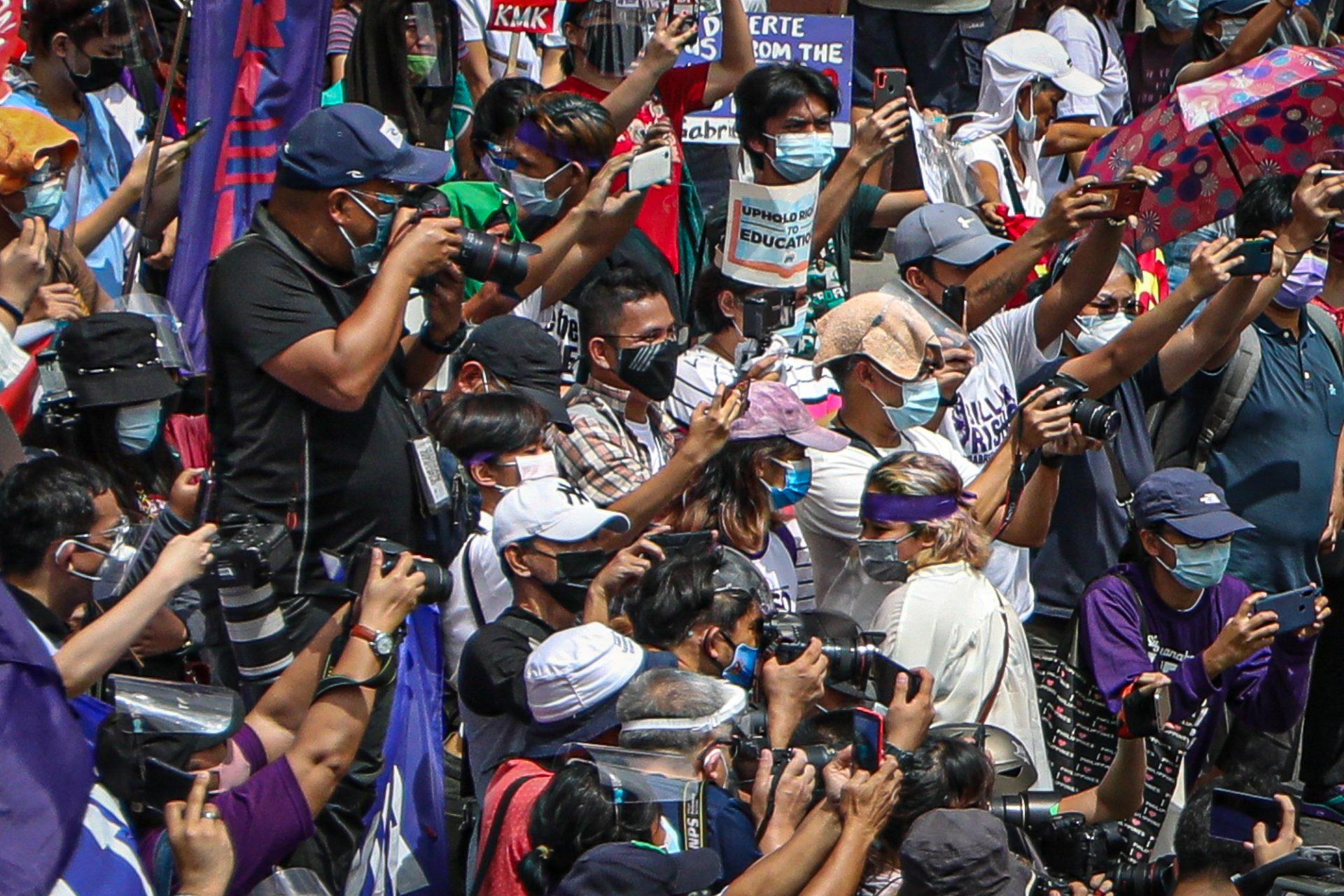Pope Francis challenged the media to “hit the streets” to see things and have encounters with the people.
In his message for this year’s World Communications Day, which was released in January, the pope cited Saint Paul, saying that if he were alive today, he would be texting, tweeting and firing off emails to get the news out.
The saint, who lived in the first century of the Christian era, spread the new faith into Europe and Asia Minor and is believed to have written a great part of the New Testament.
Pope Francis, however, said Saint Paul was at his best while preaching in person, saying journalists and other communicators today should do more “hitting the streets.”
The pope said journalists should meet people “face to face to research stories or to verify certain situations first-hand.”
He said too often investigative reporting was being replaced by a “standard, often tendentious narrative” not capable of grasping problems and aspirations at the grassroots level.
“In communications, nothing can ever completely replace seeing things in person,” he said.
Meanwhile, he cited the work of journalists, camera operators, photographers and others who, the pontiff said, often risk their lives to seek the truth.
Pope Francis praised the courage of journalists who have faced grave risks to share the stories of those who are oppressed, of the sufferings of the poor and of creation, of forgotten wars.
He said journalists must be willing to go where no one goes and must have a desire to see things for themselves – a “curiosity, an openness, a passion.”
“It would be a loss not only for news reporting, but for society and for democracy as a whole, were those voices to fade away,” he said, adding that the entire human family would be impoverished.”

The pontiff noted that many situations today call for someone to “come and see” things as they truly are.
He said that too often, “we risk seeing things only through the eyes of the richer part of the world,” which he said can lead to “a divergence between the news we receive and what is really happening.”
The pope invited the faithful to “come and see” to inspire communicators to strive “to be clear and honest, in the press, on the internet, in the Church’s daily preaching and in political or social communication.”
The theme of this year’s celebration recalls the Gospel account of the first disciples’ initial encounters with Jesus, who invited them to “come and see,” to enter into relationship with Him.
One of Jesus’ disciples, Saint Philip, speaking to his friend Nathaniel, invited him to “come and see” the Messiah whom he had found.
“That is how Christian faith begins, and how it is communicated: as direct knowledge, born of experience, and not of hearsay,” said Pope Francis.
He said seeing something for oneself is the best way of getting at the truth of things, and “the most honest test of every message, because, in order to know, we need to encounter, to let the person in front of me speak, to let his or her testimony reach me.”
The pontiff criticized what he described as the tendency to reduce news to pre-packaged, self-referential soundbites, reflecting only the concerns and viewpoints of the “powers that be.”
He said it leads to a flow of information “created in newsrooms” that does not accurately reflect reality on the ground.
The pope cited the internet and other modern means of social communication for increasing the capacity for reporting and sharing “with many more eyes on the world and a constant flood of images and testimonies.”
He said it allows many more people to share their stories, and to be witnesses of what they see and hear.
The pope, however, warned of “the risk of misinformation being spread on social media,” which has now “become evident to everyone.”
He said the internet is “a powerful tool” that requires both as producers and consumers of information a great deal of prudence and responsible care on using the medium.
“All of us are responsible for the communications we make, for the information we share, for the control that we can exert over fake news by exposing it,” he said.
“All of us are to be witnesses of the truth: to go, to see and to share.”
He said that “in communications, nothing can ever completely replace seeing things in person.” Some things “can only be learned through first-hand experience,” said the pope.
Pope Francis said communication can only be effective if it engages others in an encounter, an experience, a dialogue.
“The challenge that awaits us, then, is to communicate by encountering people, where they are and as they are,” he said.







